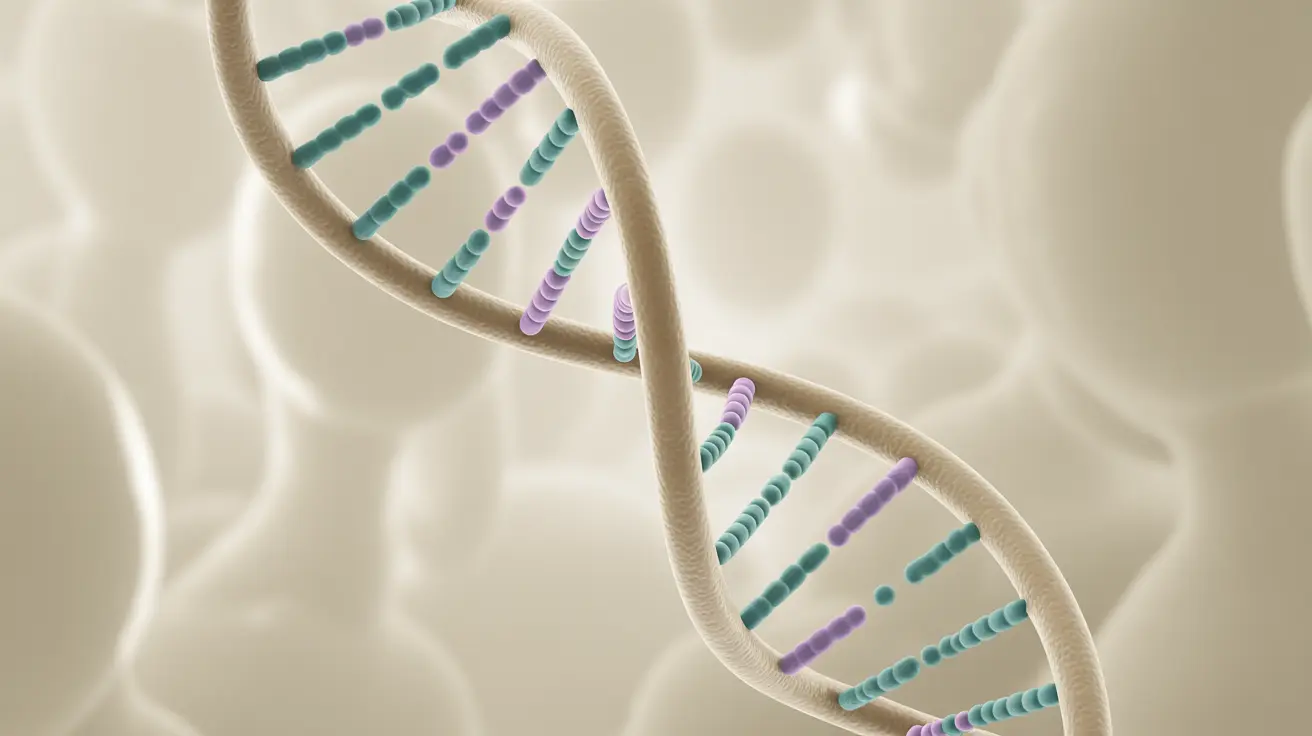Asthma's inheritance patterns have long puzzled both medical professionals and families affected by this chronic respiratory condition. Understanding whether asthma is passed down from mother, father, or both parents is crucial for families planning for their children's health and implementing preventive measures early on.
While the genetic transmission of asthma is complex, research has revealed important patterns in how this condition runs in families. Let's explore the hereditary nature of asthma and what it means for parents and their children.
The Genetic Foundation of Asthma
Asthma is considered a multifactorial condition, meaning it results from a combination of genetic and environmental factors. Multiple genes contribute to asthma susceptibility, making its inheritance pattern more complex than simple dominant or recessive traits.
Scientists have identified several genes associated with asthma risk, including those involved in immune system function and airway inflammation. These genetic factors can be inherited from either parent, contrary to some common misconceptions.
Maternal vs. Paternal Inheritance
Research suggests that maternal asthma may have a slightly stronger influence on a child's asthma risk compared to paternal asthma. This increased maternal impact might be due to:
- Genetic factors passed through mitochondrial DNA
- The mother's immune system affecting fetal development
- Environmental exposures during pregnancy
- Early life factors including breastfeeding and close contact
However, it's important to note that fathers can absolutely pass on genes that influence asthma risk to their children as well.
Understanding Asthma Risk Factors
Genetic Risk Factors
Several key factors influence the likelihood of inheriting asthma:
- Family history on either parent's side
- Presence of allergic conditions in the family
- Specific genetic variations related to immune response
- Ethnic background and genetic predisposition
Environmental Influences
Genetic predisposition doesn't guarantee asthma development. Environmental factors play a crucial role:
- Exposure to air pollutants
- Respiratory infections in early childhood
- Allergen exposure
- Maternal smoking during pregnancy
- Second-hand smoke exposure
Preventive Measures for At-Risk Children
Parents with asthma can take several steps to reduce their children's risk of developing the condition:
- Maintain a smoke-free environment
- Regular house cleaning to reduce allergen exposure
- Proper ventilation in living spaces
- Early identification of respiratory symptoms
- Consultation with healthcare providers for preventive strategies
Frequently Asked Questions
- Does asthma run in families, and what are the chances my child will get it if I have asthma?
Yes, asthma does run in families. If one parent has asthma, a child's risk increases by approximately 25%. The risk varies based on environmental factors and other genetic influences.
- Is my child more likely to get asthma from their mother or their father?
While both parents can pass on asthma-related genes, some studies suggest maternal asthma may have a slightly stronger influence due to additional factors during pregnancy and early life development.
- If both parents have asthma, how much does that increase the risk for a child?
When both parents have asthma, a child's risk increases to approximately 50-75%, though this doesn't guarantee the child will develop asthma.
- Why do some people with a family history of asthma not develop the condition?
This occurs because asthma development requires both genetic susceptibility and environmental triggers. Some people may inherit protective genes or avoid significant environmental risk factors that would trigger asthma development.
- What lifestyle changes or actions can help reduce the risk of asthma in children with a family history?
Key preventive measures include maintaining a smoke-free environment, reducing allergen exposure, breastfeeding when possible, avoiding air pollution, and ensuring proper indoor air quality. Regular medical check-ups can also help monitor for early signs of asthma.




